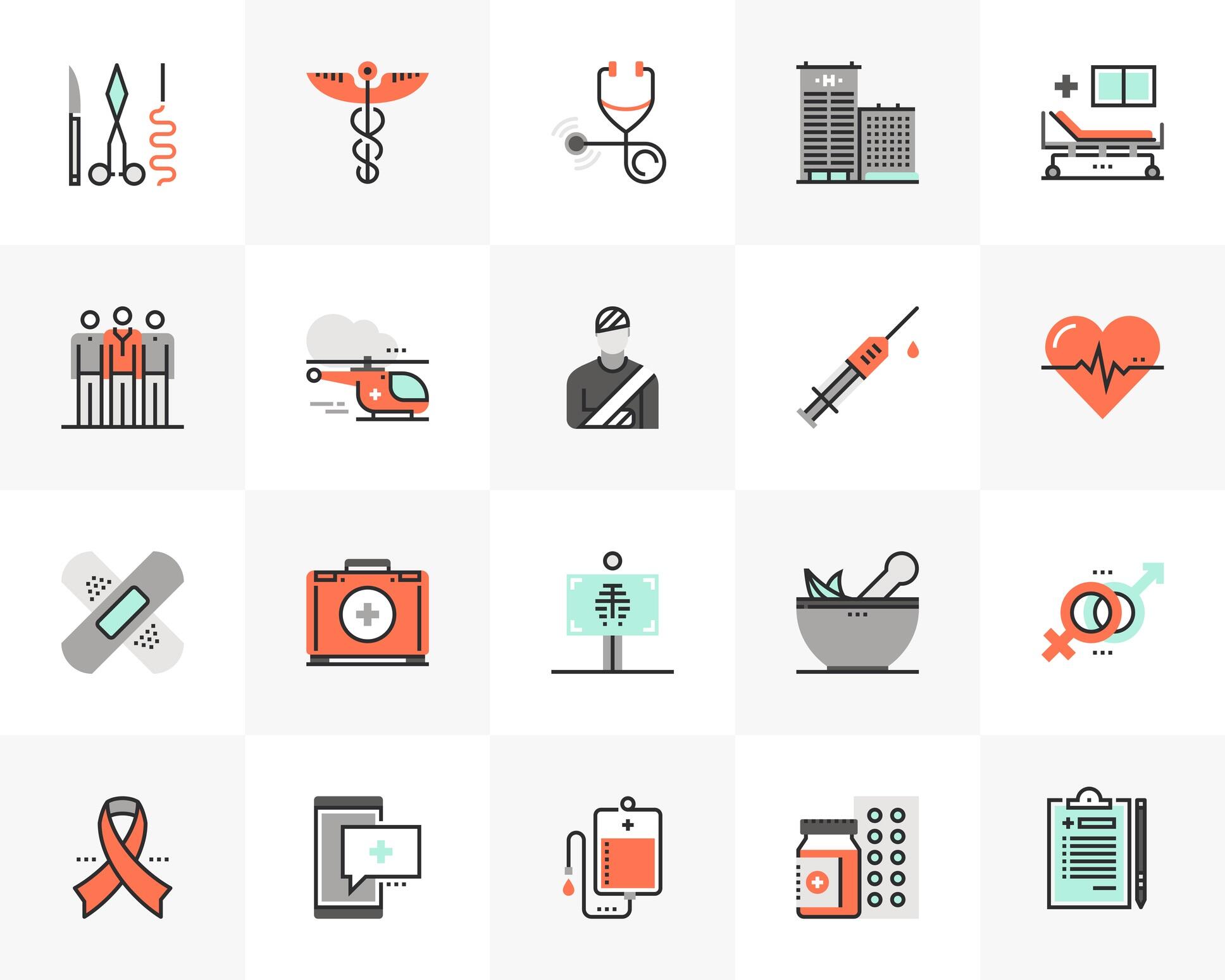
In a new systematic review, an author team from the Cochrane Infectious Diseases Group explored the evidence regarding managing histoplasmosis in people with HIV. Their review informed the PAHO/WHO guideline development process. The review authors worked with the guideline development group to formulate key questions, including which antifungal drug to start, how long to continue, and when to start antiretroviral medication. They also looked at tuberculosis therapy when people were infected with tuberculosis, HIV, and histoplasmosis.
Histoplasmosis is an infection caused by inhaling a fungus called Histoplasma. The most severe form of histoplasmosis is called progressive disseminated histoplasmosis, in which the infection spreads from the lungs to other organs. It is life‐threatening for people with advanced HIV. Before this Cochrane Review and the updated PAHO/WHO guidelines, the guidelines for management of disseminated in histoplasmosis were designed for high-resource settings, and were out of date, given that antiretroviral therapy (ART) is widely available and treatment paradigms have changed.
LSTM’s Clinical Research Associate Dr Marylou Murray and Infectious Diseases Consultant and Research Fellow Dr Paul Hine assessed the available evidence and included 17 studies in the Cochrane Review. They found that liposomal amphotericin B may improve clinical success compared to deoxycholate amphotericin B when starting treatment, and that liposomal amphotericin B results in less kidney damage compared to deoxycholate amphotericin B when starting treatment.
Based on the review evidence, it is unclear how long people should stay on treatment after they have successfully completed the starting stage. It is also unclear at what time during treatment of the fungal infection it is best to start treatment to fight the HIV virus. However, recognising the uncertainty is a key step to help prioritise important research questions going forward.
Dr Hine said: “Cochrane Infectious Diseases Group have forged new partnerships in this neglected field, helping with a big step forward in agreeing international guidelines and policy into the future”.
The internationally available WHO/PAHO guidelines will help direct treatment and improve outcomes. In addition, the guidelines and the consensus reached may help improve access to antifungal drugs for people living in low- and middle-income countries who suffer from HIV and histoplasmosis.
- Murray M, Hine P. Treating progressive disseminated histoplasmosis in people living with HIV. Cochrane Database of Systematic Reviews 2020, Issue 4. Art. No.: CD013594. DOI: 10.1002/14651858.CD013594.
- PAHO/WHO. Guidelines for Diagnosing and Managing Disseminated Histoplasmosis among People Living with HIV. www.paho.org/en/node/71472
The editorial base of the Cochrane Infectious Diseases Group is funded by UK aid from the UK government for the benefit of low- and middle-income countries (project number 300342-104). The views expressed do not necessarily reflect the UK government’s official policies.